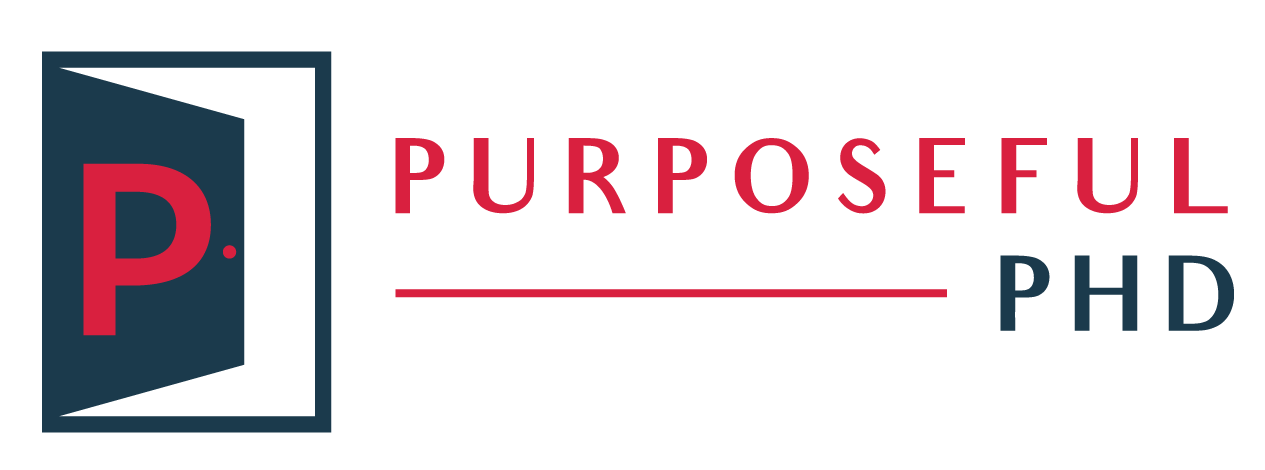
The COVID-19 pandemic has caused faculty, Departments, and Universities to in as short as a week’s notice change their normal operating procedures to move to a virtual and safe place for teaching and research. Online courses for undergraduate and graduate students. Zoom-based preliminary and candidacy exams and even independent research proposal and dissertation defenses. Cancelled trips for faculty and a move to virtual seminar series and colloquia. Research shutdowns that have caused graduate students to move to remote work from home (many of whom this is not their normal work environment). And buzzing and uncertain considerations for social distancing hybrid classroom formats for a possible reopening in the fall term on many campuses.
In the midst of all of this, what if the pandemic is the thing that can help graduate programs and Universities to reimagine how they operate and take a bold step to start anew with a refreshed graduate program in the near future.
But reimagine what exactly you ask?
Hmmmm. Pretty much everything about the graduate process and how it works or is not working in a given program, department, or institution.
Let’s see. Here are some recurring thoughts that have come to mind.
Could we reimagine
Everything that has to do with efficiency and reducing the amount of time that students or faculty may waste in meetings or sessions that do not provide direct benefit in an in-person (or for that matter, any type of) format. Could the work-in-progress or committee meeting move to a virtual meeting that may be much easier to plan. Coordinating times with busy traveling faculty is in fact a huge time sink for students. Virtual meetings may also reduce some of the pressure and anxiety that students have with presenting in a small room to a COMMITTEE that holds their fate in their hands. Zoom may not make the experience completely free of nervousness for students but it certainly makes the process, conversation, and discussion around the updates or presentation simply more focused and efficient. Yes, this is likely because everyone wants to get off of the Zoom meeting to move on to the next one, take a needed break, attend to family, or actually do some work, but you get the drift. Even for faculty that travel tremendously to present seminars at other Universities or at many conferences and can spend days away that sometimes yield little return, time could be regained by moving to a virtual seminar.
Graduate student clarity around milestones and what is needed to stay on track. Some departments are already killing it at this and many faculty have figured out how to help their students do this well. However, many more have not. And a quick lesson learned during this time to support students has been for faculty/PI’s to have more frequent check ins with students and clear expectations and goals on a weekly basis (that of course are realistic and sensitive to what it means to be productive and have the mental/emotional capacity to do this in a pandemic, if it means to do this at all). Would students have this much clarity in the normal situation when they are generally left to figure a lot of this out for numerous reasons on their own? Let’s save that for the subject of a later post.
Meetings in general. Whether the number of meetings has gone up or down for many faculty could go either way depending on one’s obligations to teaching, research, and service in light of the pandemic; however, it is certainly the case that many of these meetings have become extremely more efficient by moving to a Zoom format. There’s not as much time spent on personal check-ins and tangential conversations that are not the point of the meeting agenda (and it’s up to you to determine if this is a bad or good thing), which ultimately leads to a shorter amount of focused time on a given agenda which subsequently frees people up to move on to other things thereafter. Or best case, it also provides a way for people to politely leave the meeting when they’ve had enough or really have to leave.
Mental health support for students is now being done virtually or by phone calls. Whether the shift to this format has been working, is helpful, or damaging is yet to come to surface. And many Universities have amped up not only their support for students but also for staff and faculty as well. Could this move to a remote mental health service be a more effective option moving forward if it actually allows more students to get the support they need without waiting months in a cue on their campus before being seen by professionals. Or does this pandemic shine a light that even more mental health and wellness support is needed for students in graduate programs, regardless of what format is used?
…
Many things come to mind about how the shift that departments have made during this time while not the normal, could be a launching point for them to re-envision an improved, better, and more holistic program moving forward. This could be put off until things return to normal however it seems apparent that things will instead transition to a new norm.
If you are interested in reimagining your graduate program during this time, submit a short request for a consultation with our team.
Until next time,
Renã AS Robinson, PhD

